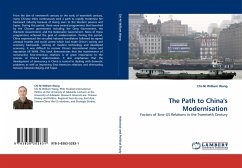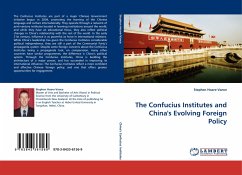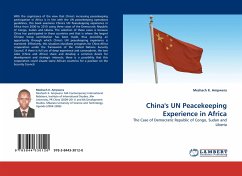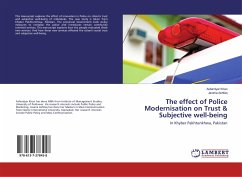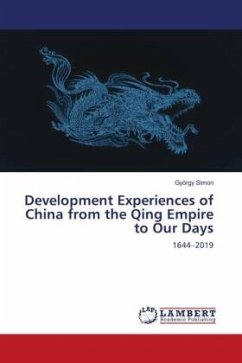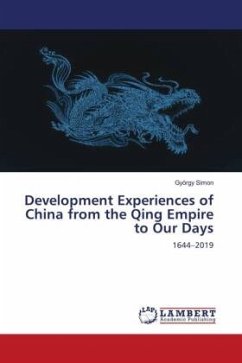From the late of nineteenth century to the early of twentieth century, many Chinese elites continuously seek a path to rapidly modernise her backward industry because of losing wars to the Western powers and Japan. During this period, there were several programmes that launched by the Chinese government including the Qing Government, the Warlords Government, and the Nationalist Government. None of these programmes achieved the goal of modernisation. During this period, China experienced the so-called national humiliation followed by signed unequal treaties and social unrest which had made China s society and economy backwards. Lacking of modern technology and developed economy, it was difficult to recover China's international status and reputation till WWII. This book demonstrates that the maintenance of constructive Sino-American relations is of great importance to the process of China s modernisation. It also emphasises that the development of democracy in China is central to dealing with domestic problems as well as improving Sino-American relations and eliminating tensions between Beijing and Taipei.
Bitte wählen Sie Ihr Anliegen aus.
Rechnungen
Retourenschein anfordern
Bestellstatus
Storno

